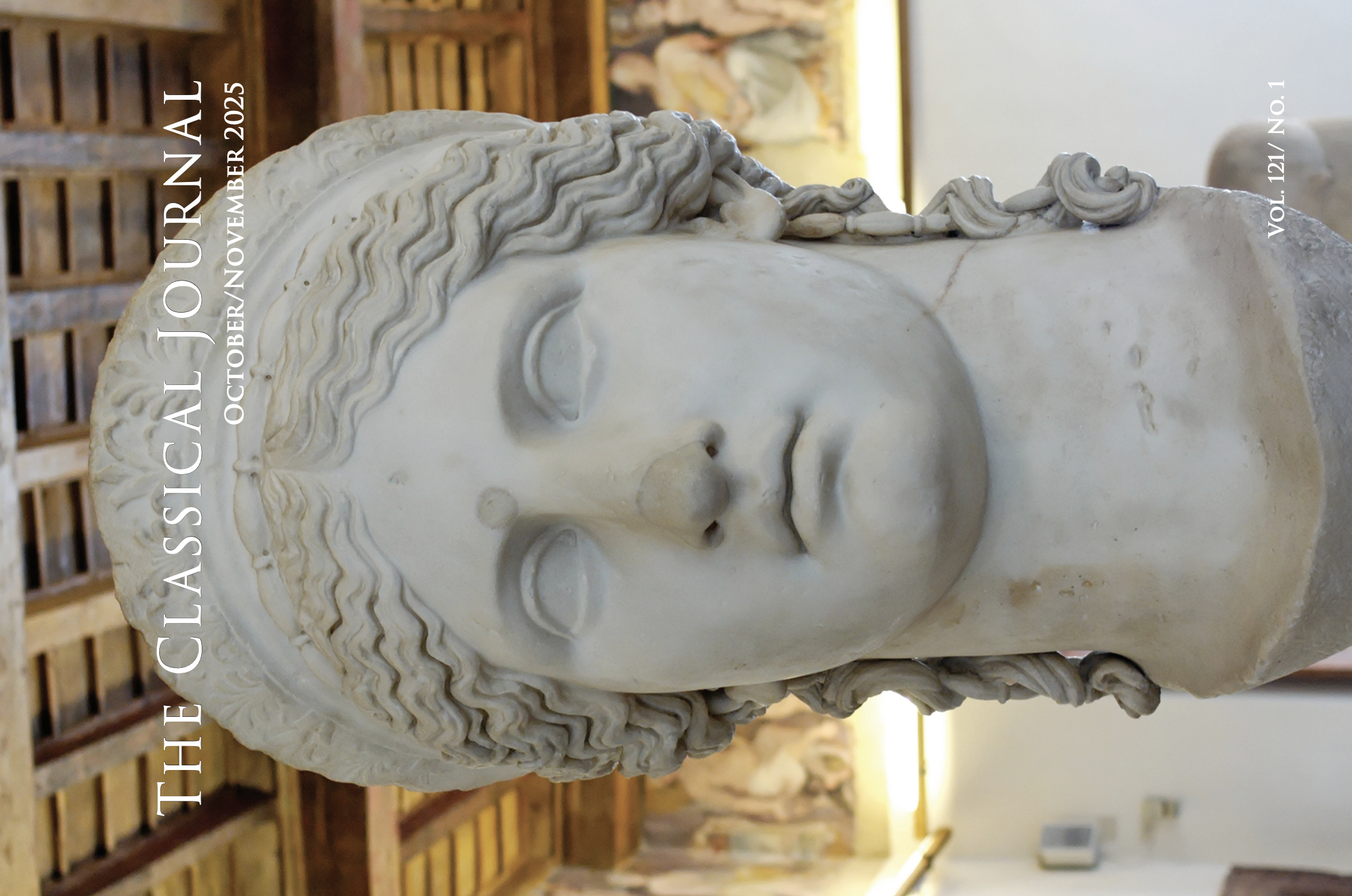The following articles are contained in CJ
102.3
Abstracts of Articles
DONKEYS AND THE EQUINE HIERARCHYIN ARCHAIC GREEK LITERATURE
Although donkeys must have been both ubiquitous and indispensable in ancient Greece, references to them in archaic and classical literature are rare and generally derogatory. The literary portrayal of donkeys does not do justice to their actual qualities, but attests to their position in a semiotic system in which they are negatively contrasted to horses, with mules complicating the polarity. This article situates donkeys in the equine hierarchy and considers how their portrayal in literature reflects archaic Greek attitudes toward class and gender, poverty and labor.
CAECILIUS' RESPONSE TO THE INVITATION IN CATULLUS 35
The invitation and the nature of the cogitationes in Catullus 35 have been much discussed, but the expected response of Caecilius to the invitation has been largely ignored. By showing that Caecilius' response is the crucial link to the rhetorical purpose of Catullus' poem, I offer a reading of it as an invitation Caecilius is expected to refuse. I argue that the point of Catullus 35 is not that the Magna Mater is unfinished, but rather the manner in which Caecilius has begun the poem. The argument rests in part on a review of the force of venuste in literature, and of its specific importance in the penultimate line of Catullus' poem.
THREE NOTES ON SALLUST
The paper comprises brief discussion of three textual cruces in Sallust.
VERSANE NATURA EST? NATURAL AND LINGUISTIC INSTABILITY IN THE EXTISPICIUM AND SELF-BLINDING OF SENECA'S OEDIPUS
In the Naturales Quaestiones Seneca explains the efficacy of extispicia with reference to their intelligible position in the grand chain of fate ordering nature. Some aspects of the extispicium from Seneca's Oedipus cohere with that explanation, especially the ritual's obvious allegorical references. Others, however, raise the possibility that nature is fundamentally chaotic rather than rationally ordered: for example, the sacrifice's bewildering rainbow-like flame with its obscuring cloud of smoke and the perplexing poetic discourse with which Manto describes the entrails. Oedipus' self-blinding, likewise examined through the interpretive lens provided by the Naturales Quaestiones, constitutes a rational attempt to restore nature's order. But this attempt is compromised both by Oedipus' mad fury and by the same kind of linguistic confusion that destabilizes the extispicium.


